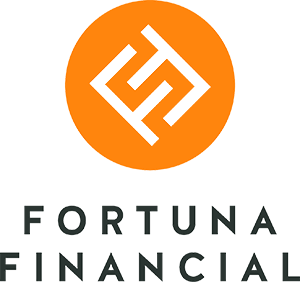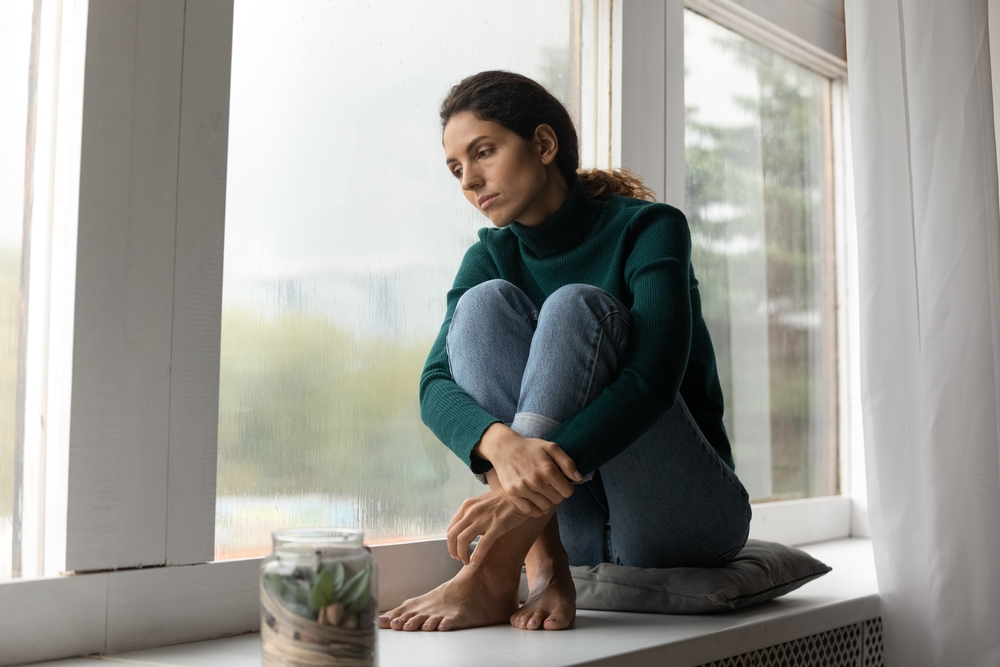What our Clients Say About Us
Financial Abuse: The unseen side of family violence
Cathy knew the relationship was in trouble, but she hung on, hoping it would improve. It was the day she found herself trying to take their three young children to school and about to run out of petrol, that she decided to make a stand.
She put $20 of petrol into her near-empty car and was confident she’d squeeze the amount onto her credit card. Like so many times before, though, her credit card was rejected, and this time, she had no cash. The petrol station called the police and charges were laid.
The problem was Cathy’s partner controlled all their finances. Her wages were paid into a bank account he controlled, and after he paid for his drinking and gambling, there often wasn’t anything left for herself or their children.
That day, when she was left alone trying to explain to her children why they would be late for school, again. That day, she decided to reach out and get help.
Financial abuse can take many forms. It can be a partner controlling bank accounts; it can be someone gaining access to their grandparents’ savings and spending those funds without authority; it can be a friendly neighbour ‘taking’ precious heirlooms from your home. Whatever way it happens, it is always a form of family violence.
Nearly two million Australians have or will experience financial abuse in their lifetime. Sadly, it usually occurs alongside other types of violence, such as physical or emotional abuse, and can leave the victim feeling helpless, isolated, depressed, and anxious.
Approximately 16 per cent of women and 8 per cent of men in Australia will find themselves a victim of financial or economic abuse. Typically, victims find themselves isolated from family or friends and involved in a relationship with a very dominant partner.
Sadly, older people can be more vulnerable to financial abuse, as they may be dependent on others, a family member, carer, or friend, to help manage their affairs.
Here are some small steps you can take now to ensure your money is your own:
- Regularly check your credit card statements and bank accounts and look for any unusual or unauthorised transactions. Your best protection against financial abuse is vigilance.
- Store your account details and logins in a secure location and only disclose them to people you trust.
- Open your own mail, or if you need help with this task, make sure you are present when your mail is opened.
- Stay in contact with people you trust on a regular basis. Don’t let long-standing family relationships or friendships slide as you age.
- Never sign a document you don’t understand; and
If you decide to lend someone money, make sure you get it in writing that you are lending these funds and when you expect the funds to be repaid. Otherwise, look upon it as a gift.
No one wants to think someone they love and care for is taking advantage of them financially. If you feel something is not quite right, speak up and let someone you trust know.
If you have concerns, speak with a financial professional. They can help explain your financial position to you and provide education to help you better manage your finances.
For counselling and support for economic abuse and other forms of family violence, contact 1800RESPECT (1800 737 732) or Lifeline (13 11 14).

